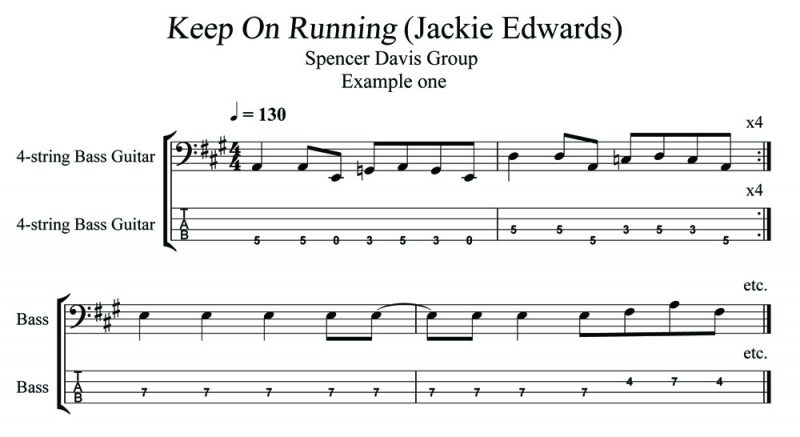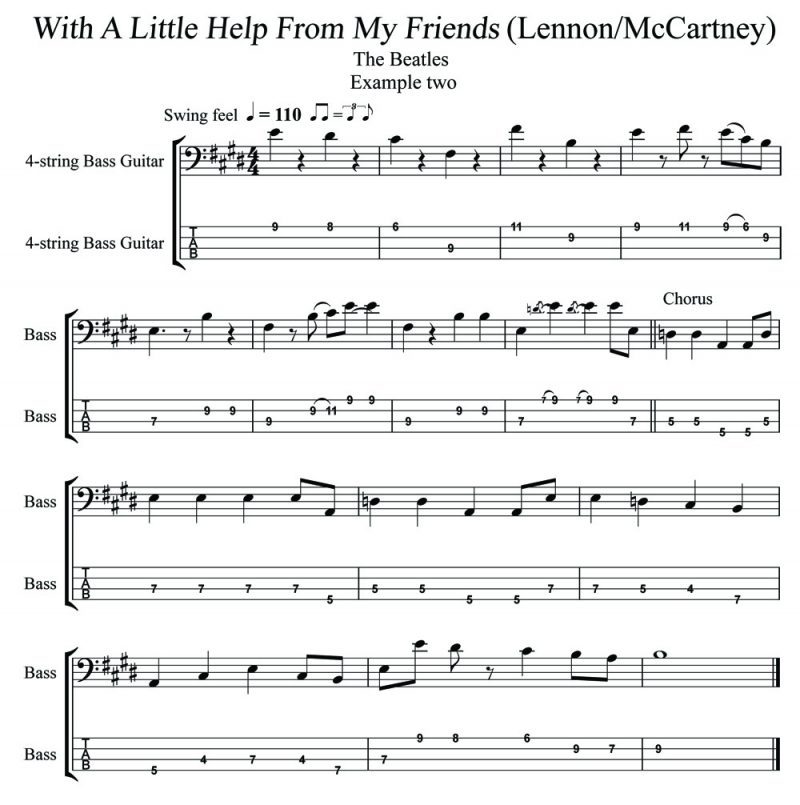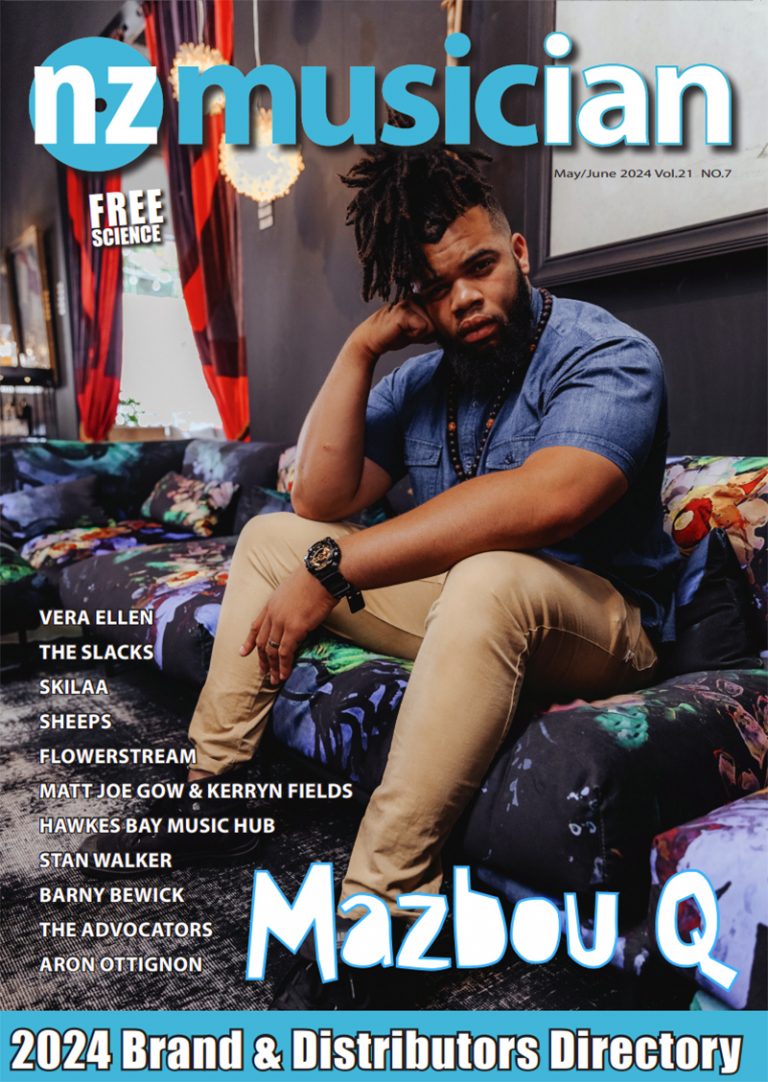Deep Thinking: Two ‘Why I Am A Bass Player’ Singles
Deep Thinking: Two ‘Why I Am A Bass Player’ Singles
This issue’s Deep Thinking bass column is the result of a conversation between some of the University of Otago Music Department staff while we took a break during recording at our Albany Street Studios. We were discussing what tracks were influential in our personal choice of musical instrument.
I was a trumpet player at high school but, when a friend bought a Rossetti Bass 7, I thought bass would be much more cool. So, I started paying a lot of attention to bass lines on singles in the late 1960s.
At the time I had no idea who Carol Kaye was (even though I liked Good Vibrations by The Beach Boys), nor did I know who James Jamerson was, even though I loved Tamla Motown. There were many bassists I did know about, however.
McCartney‘s lines on ’Peppers’ and’ Abbey Road’ were always on my parents’ record player. Entwistle was also a favourite for his solo on My Generation and, of course, there was Jack Bruce in Cream. Anyway, I have transcribed here parts of two songs that I loved as a young person and that made my list of, Why I am a bass player tracks in our studio discussion.
Keep On Running
The first is from The Spencer Davis Group, which featured a 16-year old Steve Winwood on vocals and guitar, and his brother Muff on bass (a Harmony H22 bass, to be precise –– and way beyond my dreams as a kid!). The song is called Keep On Running and was composed by Jackie Edwards. The bass is very high in the mix for the time (1965), probably because it was produced by Chris Blackwell, the founder of Island Records. Blackwell was producing rock steady (the forerunner of reggae) singles in the 1960s and these singles always had loud bass – as things should be.

Keep On Running can be found on Youtube. The bass line starts the song and the main riff returns throughout. It is a minor pentatonic riff played in the key of A major, and it can be played easily with your fingers 1 and 3. I always enjoy the overdrive sound that would be the result of a 1960s valve amp clipping.
With A Little Help From My Friends
The second example is Macca’s line from With A Little Help From My Friends (1967). The line is almost an exercise in how to play a bass line by J.S. Bach, until you arrive at the chorus when he starts really driving the song. Unlike Bach, it was played with a slight swing feel, which is why there is a quaver = triplets sign at the top of the transcription. Have a listen to the original version and you will hear what I mean.
 I liked it because I was studying Bach at school at the time (the reason why I liked Jack Bruce too). This line was played on a Rickenbacker 4001s, of which only 150 were made (they are mostly in collections these days). Macca used flat wound strings with the foam dampers that were standard on Rickenbackers, raised at the bridge, hence the thuddy sound.
I liked it because I was studying Bach at school at the time (the reason why I liked Jack Bruce too). This line was played on a Rickenbacker 4001s, of which only 150 were made (they are mostly in collections these days). Macca used flat wound strings with the foam dampers that were standard on Rickenbackers, raised at the bridge, hence the thuddy sound.
Due to the constraints of 4-track recording in the 1960s, the rhythm section tracks were usually bounced down onto one track (that’s why mono reprocessed for stereo albums sound strange on headphones and the bass and drums are often only on one side). McCartney, however, used to add the bass last, thus ensuring he had a track to himself and that he would be prominent in the mix.
Significantly, both of these bass lines were played with picks, though they can also be played by finger if you prefer. See you next time.
Dr. Rob Burns is an Associate Professor in Music at the University of Otago in Dunedin. As a former professional studio bassist in the UK, he performed and recorded with David Gilmour, Pete Townsend, Jerry Donahue, Isaac Hayes, Sam and Dave, James Burton, Ian Paice and Jon Lord, Eric Burdon and members of Abba. He played on the soundtracks on many UK television shows, such as Red Dwarf, Mr. Bean, Blackadder, Not the Nine OClock News and Alas Smith and Jones. Rob is currently a member of Dunedin bands Subject2change and The Verlaines.
